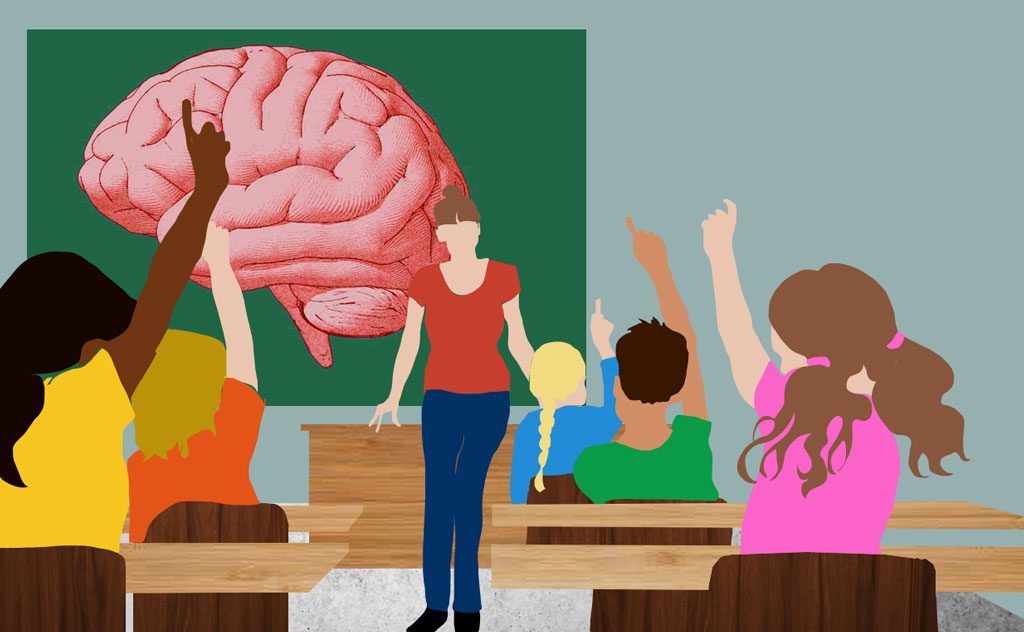This post is also available in Dutch .
Last week I was standing in front of a full classroom, teaching as a scientific researcher. Not only did I really enjoy this, I also found it very important. Why?
As a true science-child, the only one in my family, I was fascinated by planets, stars, and black holes and wanted to go and become an astronomer. However, in high school I got the feeling that this probably would not fit me: I was a social and cheerful girl, and so I wasn’t supposed to turn into a physics nerd, right? I actually never even considered becoming a scientist as a profession until I got in touch with it at the age of 29. What if I had met a scientist when I was younger?
Excluding certain professions happens very early
When you are a child, the planet is huge, and the possibilities are endless. And so is the answer to the well-known question: ‘What do you want to be when you grow up?’. From firefighter to ballet dancer to police officer, the world is at your feet. Though, this plethora of options rapidly declines a lot earlier than you might think. As young as 9 to 14 years, children are already making decisions on future career paths. This means that they are then also already excluding a number of other options.
Importance of status and gender
According to the model of American professor Linda Gottfredson, children define their career paths mainly by the status some profession entails. In defining this, the upper limit is defined by what you think you are capable of, and the lower limit by what you at least want to achieve. Besides status, stereotypical conceptions on gender also still play a large role. Professions that are considered to be typical for the other gender are excluded as options. Examples of these professions are nurse and pilot.
Importance of a role model
Children then often choose a profession they think fits their self-image. For this, they often choose a profession they can vividly imagine themselves practicing. This can be because they have experienced somebody practicing it (bus driver, teacher, general practitioner), or because someone in their family practices it. When a child does not have a clear image of a certain career and does not have a role model around, the profession is disregarded from possible future options. This, unfortunately, happens a lot more with technical and scientific careers, especially with girls. That is why it is so important for children to get in touch with different professions and role models. For example, by having a scientist teach them in school.
How did I experience teaching?
Very challenging but also a lot of fun! Children are inherently curious and investigative: real miniature-scientists. They listened very well and asked some interesting and sharp questions. They even performed an experiment in the classroom and worked in a serious and devoted way. Moreover, I also wanted to show them that scientists are not just men in white lab coats. The teaching was also helpful for me: translating your research to a child’s level of understanding is very challenging! Good science communication to the outer world is an essential skill for a scientist, and presenting my research to primary school students has certainly improved my skills.
Want to know more about how children delimit professions? Read this (Dutch) article.
Are you a teacher in the Netherlands and would you also like to have a scientist presenting in your classroom? Get in touch with the Dutch organisation ‘wetenschapsknooppunt’.
O
Original language: Dutch
Author: Floortje Bouwkamp
Buddy: Eva Klimars
Editor: Felix Klaassen
Translator: Rowena Emaus
Editor Translation: Marisha Manahova
